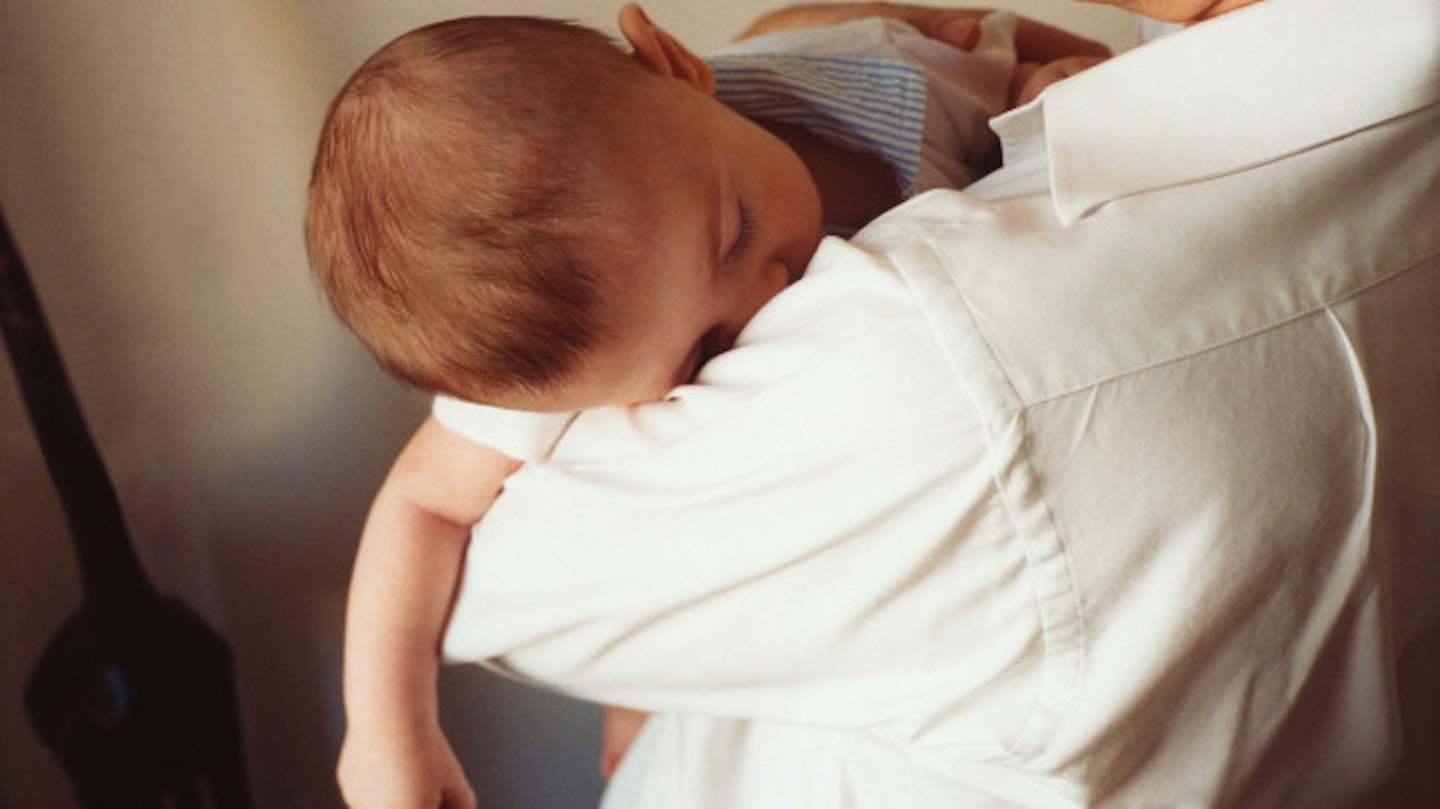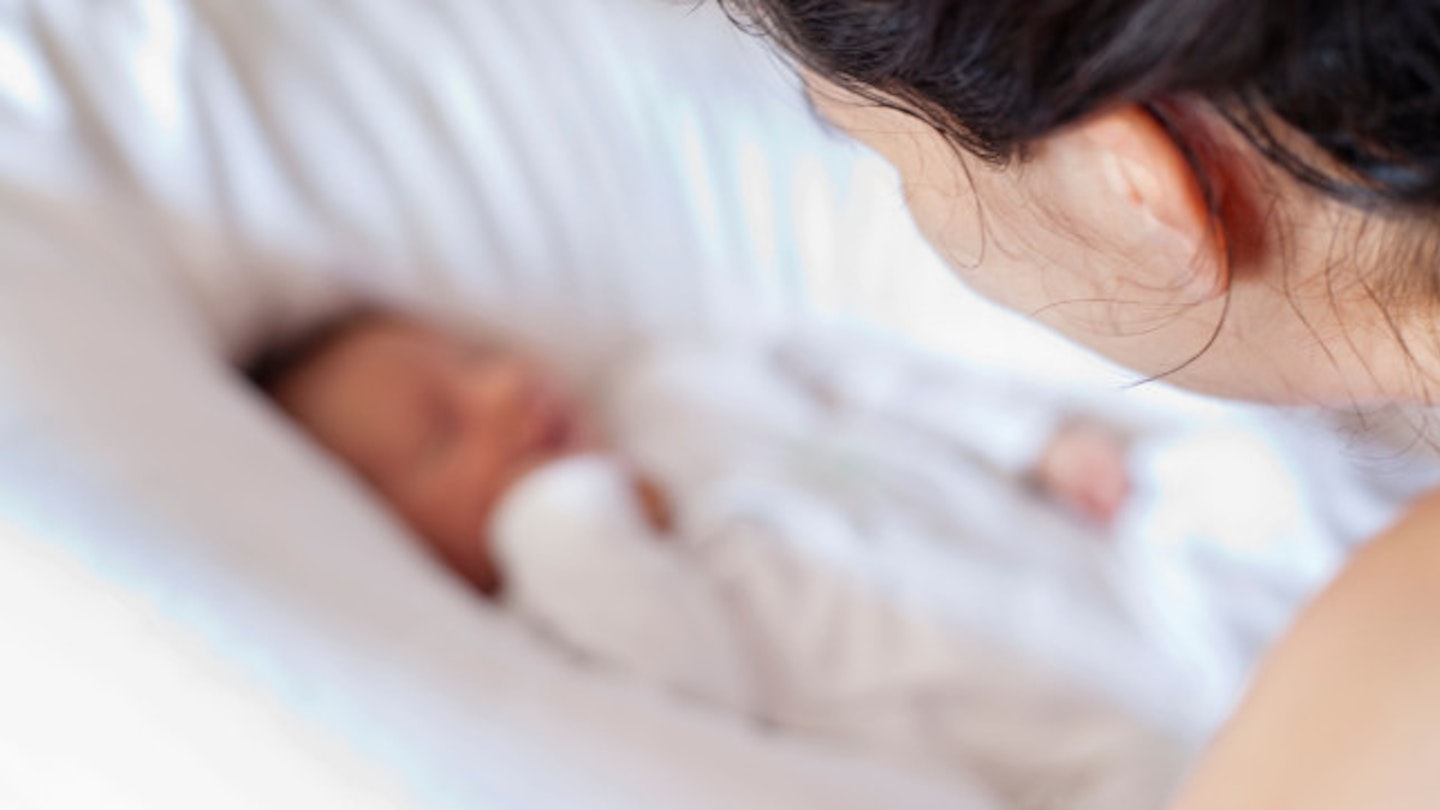Speaking with The Telegraph, Purdy Blow explained that her daughter Ava Rose was just six days old when she suffered a stroke at home.
And it was mother's instinct that alerted her to the fact that something was horribly wrong.
She said: "She seemed to be twitching down one side of her body and I thought maybe she was dreaming, but as it went on, I became concerned.
"Ava Rose was my fourth child and neither my husband nor I had ever seen any of our other children doing this.
"Something in my heart told me it wasn’t right."
She decided to take her baby to her local A&E but, by the time she arrived there, Ava Rose had stopped twitching.

The doctors examining her could see nothing wrong, and dismissed Purdy's concerns as nothing more than a nervous mother overreacting to a child's cold.
But, as they turned to leave, it began happening again.
"The doctor immediately called the children’s ward for help," she said.
"By this time you could see that Ava Rose’s skull was starting to swell and I was getting quite panicky."
Doctors put Ava Rose into a medically induced coma to protect her brain from possible brain damage - and, after extensive texts, they finally discovered that one of the blood vessels to Ava Rose's brain had been blocked.
She had suffered a stroke.

Two months after the incident, Ava Rose was diagnosed with epilepsy and mild cerebral palsy, both conditions which are associated with brain damage caused by strokes.
She now - at three years old - needs round-the-clock care to help her deal with her seizures, her speech has been delayed, and she finds it difficult to walk or turn herself over.
And she is not the only one. According to the Stroke Association five out of every 100,000 children up to the age of 18 in Britain will have a stroke each year, including an estimated one in 4000 newborns.
While many of these children will go on to make full recoveries, parents are urged to trust their instincts and get any unusual movement in their children checked by a doctor.
SYMPTOMS OF A STROKE IN NEWBORNS
-
Repetitive facial movements, including sucking, chewing, or eye movements
-
Unusual bicycling or pedaling movements
-
Staring
-
Apnea, or pauses in breathing associated with slowing of the heart
-
Rhythmic jerking movements involving the muscles of the face, tongue, arms, legs, or other regions
-
Stiffening or tightening of muscle groups
-
Quick, single jerks involving one arm or leg or the whole body
For more information on childhood strokes, please visit the Stroke Association's website.
